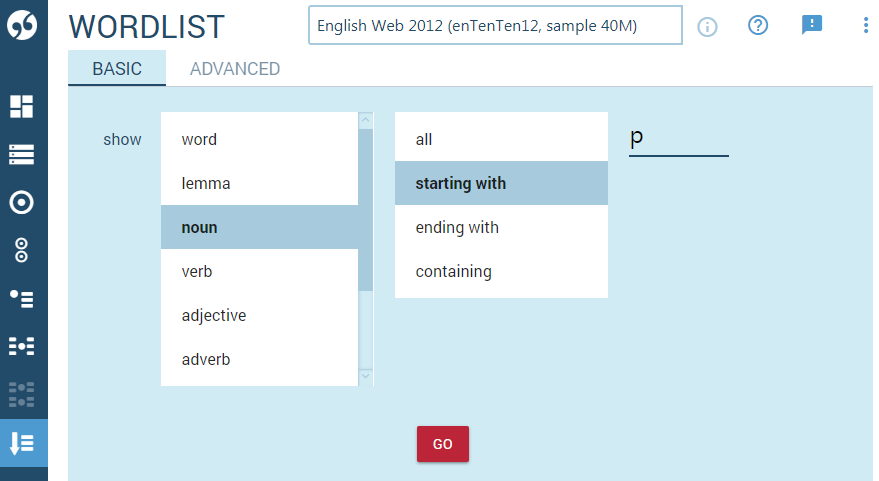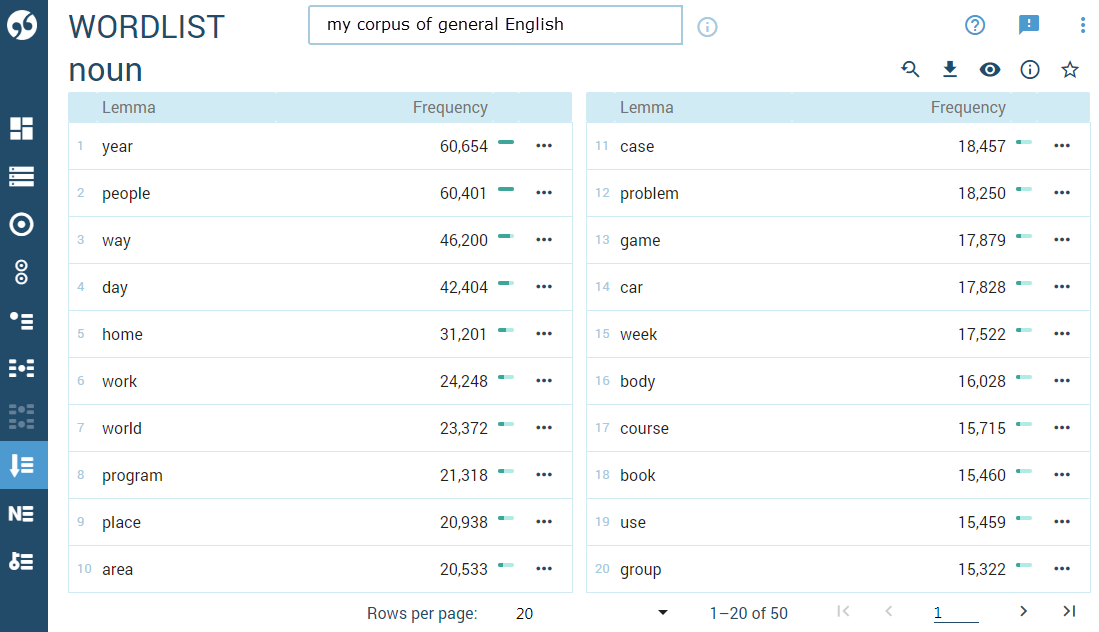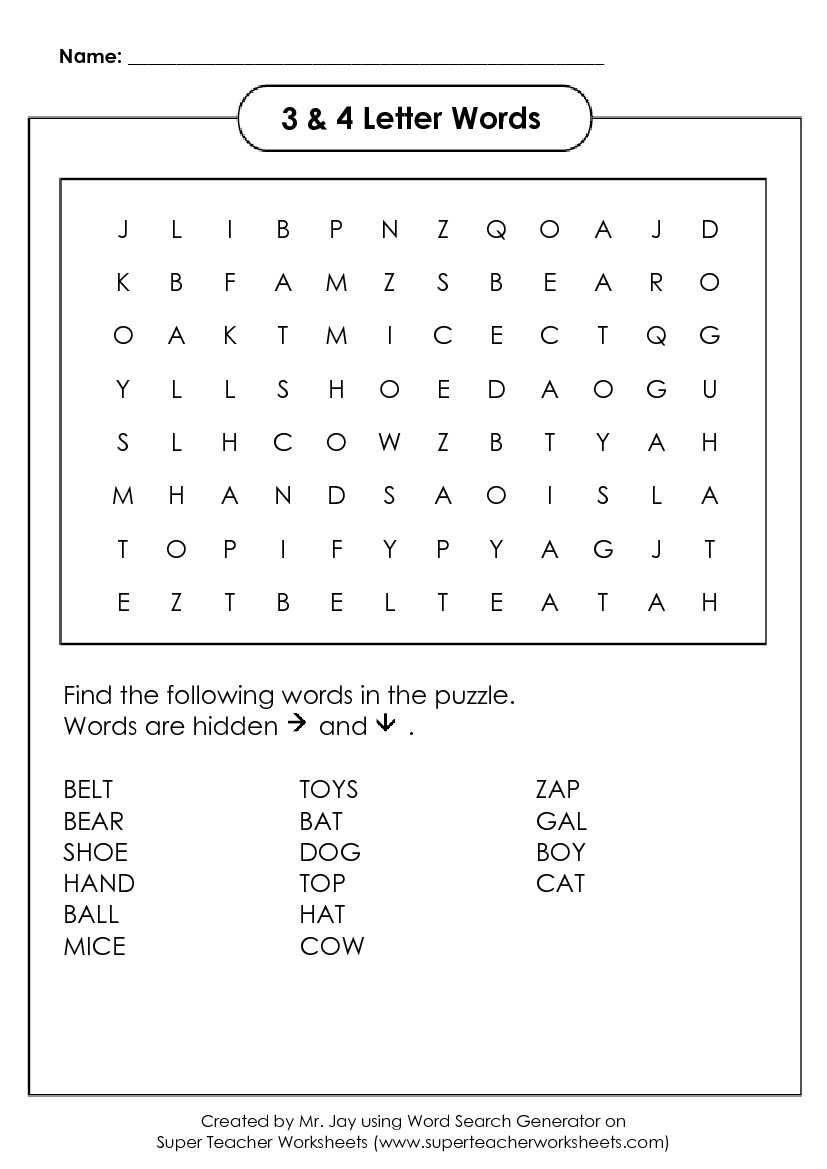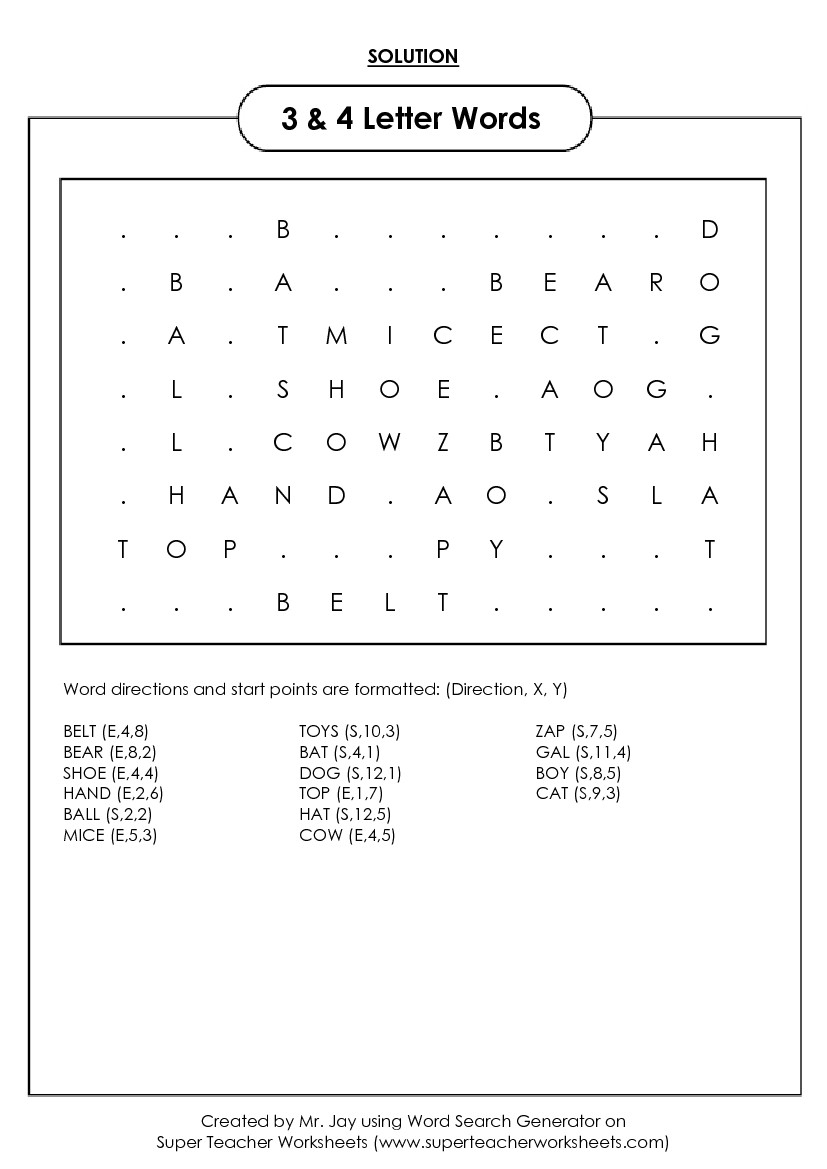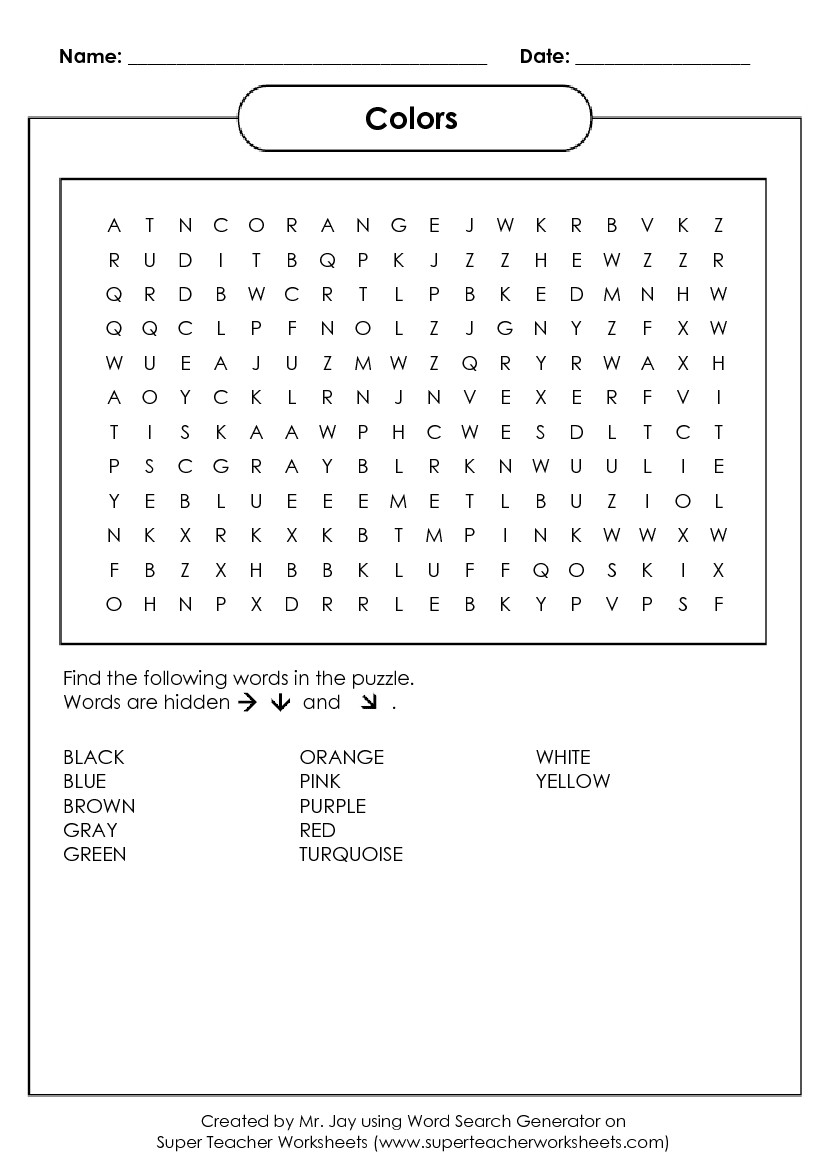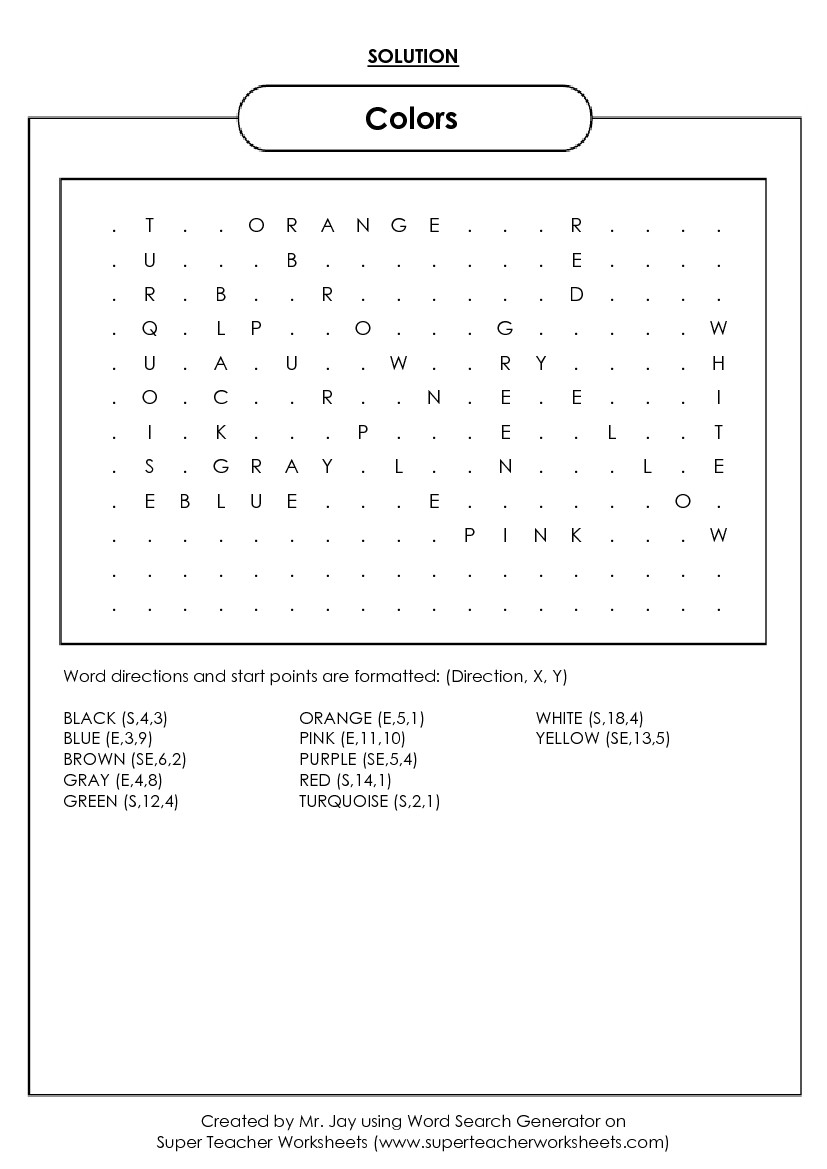Building your vocabulary is an essential part of learning a language.
Research shows that vocabulary size is one of the most reliable indicators of overall language level. So how can you make the best use of your time and effort when learning vocabulary?
How do I choose the words to learn?
This is where word lists come in. It’s important to realize that some words are just much more useful than others. This is because they occur much more frequently, so you are likely to meet them again and again when you are reading or listening. Time spent learning these words will really increase both your understanding and your fluency. To know which words these are, use Oxford Learner’s Word Lists at www.oxford3000.com. There are two main lists: the Oxford 3000 covers the most important words from A1 (beginner) level up to B2 (upper-intermediate) level. The Oxford 5000 contains 2,000 more words for upper-intermediate and advanced learners (B2-C1).
Other words – in fact, most words – are much less frequent. You will want to learn some of these too, but you need to pick and choose. Don’t expect to learn every unfamiliar word that you meet. Choose these words according to your own particular needs and interests.
How do I find words at the right level?
Our main word list, the Oxford 3000, contains (obviously!) the 3,000 most important words to learn in English. But 3,000 words is still a lot of words! If you are reading this blog, you are probably not a complete beginner, but are you A2 (pre-intermediate), B1 (intermediate) or B2 (upper-intermediate) or above? Go to www.oxford3000.com, choose the Oxford 3000 and filter on one of these levels. Take a section of the list, scroll down and tick off the words:
⎷⎷I know this word.
⎷I recognize this word but I am not exactly sure what it means.
? This word is new for me.
If you get mostly ⎷⎷words, go up a level. If you get mostly ?, try one level lower. If you are getting a mixture of all three, then this is probably the right level for you. Concentrate on the ⎷words first, before moving on to the ? words.
How can I learn the words?
Little and often
Set aside some time every week or, better still, every day to study vocabulary. 15 minutes a day is more effective than 2 hours in one great chunk.
Learn words in context
Words are much more meaningful – and therefore much more memorable – if you meet them in context, not just in a list. So don’t just learn the word and its translation. Look at the entry in Oxford Learner’s Dictionaries online and study the example sentences, which show you how the word is actually used. Choose one that seems useful to you and add it to the entry that you have just created in your vocabulary notebook.
Keep a vocabulary notebook
This can be a physical notebook or one you create electronically. Note down the word, its meaning and one or two example sentences. Look out for this word when you are reading and return to your notebook entry to add further notes – for example, what preposition do you use it with? – as you learn more about it.
Revise and recycle
Review your vocabulary notebook on a regular basis. Set yourself a target list of words to learn each week – maybe three per day. At the end of the week, test yourself. Tick off the words that you feel you have learned. The ones you have not securely learned get recycled into next week’s list.
Test yourself!
Test yourself again on all the words at the end of the month. Don’t just say the words but write them down, preferably in a sentence. If you have Oxford Learner’s Dictionaries premium access, you can use the My Word Lists feature to create lists of words and test yourself on their meanings. And look out for other vocabulary-related posts on Learning English with Oxford. Many contain fun quizzes such as this one on words related to culture in the Oxford 3000
Find more quizzes on words in the Oxford 3000 related to: travel and transport, business, fiction, TV and film, media and technology, and sport.
More resources
Take a look at our full range of Oxford Learner’s Word Lists to build your vocabulary, graded by CEFR level:
Oxford 3000 and Oxford 5000 – the most important words to learn in English.
OPAL (Oxford Phrasal Academic Lexicon) – the essential vocabulary for academic writing and speaking.
Oxford Phrase List – the most important phrases to learn in English.
Topic dictionaries – build your topic vocabulary with our mini-dictionaries.
Diana Lea taught English to learners and trainee teachers in Czechoslovakia, Poland and the UK before joining Oxford University Press in 1994, where she works in the English Language Teaching Division on dictionaries and other vocabulary resources for learners of English. She is the editor of the Oxford Learner’s Thesaurus and the Oxford Learner’s Dictionary of Academic English. Most recently she has been working on Oxford Learner’s Word Lists and preparing the tenth edition of the Oxford Advanced Learner’s Dictionary, published in January 2020.
Frequency lists
The wordlist tool is used to generate frequency lists of all kinds: lists of words, lemmas, nouns, verbs, tags, words containing or not containing certain characters etc.
Complex filtering criteria are available via the advanced tab and the regular expression option.
Video lesson
How to use the wordlist
- Log in and select a corpus from which the list should be generated.
- Leave the settings at the default values to generate the list of the most frequent word forms.
Or set the criteria you need, e.g. nouns beginning with p - Click GO to generate the frequency word list.
Note
Generating a word list from a multi-billion-word corpus can take several minutes to complete.
Working with the result
TOEFL IBT > TOEFL IBT Vocabulary > English Vocabulary List: All The Essentiel Words You Need To Know
English Vocabulary List: All The Essentiel Words You Need To Know
You might feel overwhelmed by the choice of vocabulary lists for any English test you find online. It might seem impossible to memorize so many complicated words. Why should you bother memorizing so many words for the test anyway?
Today we’ll tell you how to earn a winning IELTS, TOEIC, TOEFL, CAE, FCE, BRIDGE, BULATS (Linguaskill) or even BRIGHT ENGLISH score by creating your own vocabulary list, how to create and organize a list just for you, and how this list will lead to concrete results.
Follow these steps to sort out the right vocabulary-learning strategy for you step by step. Read on and start learning English on your own!
We have have made a complete list of vocabulary worksheets on numerous topics:
- Anthropology Vocabulary
- Chemistry Vocabulary
- Stock Market Vocabulary
- Real Estate Vocabulary
- Purchase Vocabulary
- Product Vocabulary
- Research Vocabulary
- Phone Vocabulary
- Payment Vocabulary
- Office Supplies Vocabulary
- Management Vocabulary
- Law Vocabulary
- Human Resources Vocabulary
- The Factory Vocabulary
- Vocabulary List: Bank and Finance
- Computer Vocabulary
- Marketing Vocabulary
- Social Media Vocabulary
- Meteorology Vocabulary
- Culture Vocabulary List
- Architecture Vocabulary
- Sociology Vocabulary
Using Ready-Made Vocabulary Lists to Create Your Own
There are countless vocabulary lists already set to go available online or in paper form in books. You should find the best one that works for you, but how can you choose from so many?
We recommend that you create your own list from these sources. Every learner absorbs these words at their own pace; some people might catch on quick to word definitions, while others may struggle with unfamiliar terms.
Create your own vocabulary list
The first step you should do is to know what your current vocabulary is. The easiest way to do this is to take a practice test. That way you can pinpoint where your weak areas lie and what category of vocabulary you need to brush up on.
Creating your own customized vocabulary list is easy and will save you time in the end. Start with these recommended sources:
- Word List – TOEFL Vocabulary
- Top 1000 Vocabulary Words
- Essential Words for the TOEFL
- TOEFL 5000 Vocabulary List
Remember that there is no specific vocabulary testing section on any English test, but these lists are a good starting point for creating a personalized set of vocabulary so you can approach the test with confidence. You will be assessed not on how many words you know, but by your ability to use the right ones.
Most of these vocabulary lists contain up to 5,000 words. That might sound like a lot, but relax – no one expects you to sit down and memorize 5,000 words! You should focus on learning five words a day, but which ones? The best way to set out making a useful word list is to narrow down your words into particular situations, dialogs, or themes.
Create Themed Sets of Vocabulary
First, go through some of these lists and dismiss the words you already know to unclutter the list. Then, based on your experience taking practice tests, you can also dismiss words you have never seen. Why? This means these unfamiliar words are probably irrelevant, so there’s no use wasting time on them. That way, you won’t be overburdened by cramming for vocabulary that won’t likely help you on the test.
There’s usually no point drawing from categories of words that won’t help you on your test. The GlobalExam platform offers abundant vocabulary lists suited for the IELTS, TOEIC, TOEFL, CAE, FCE, BRIDGE, BULATS (Linguaskill) or even BRIGHT ENGLISH and already broken down into categories for you. They are:
- Communications
- Education
- Food & Drink
- Home
- Jobs & Work
- Language Words
- Pastimes
- People
- Social
- Travel
- Typical Expressions
- World & Environment
Once you choose a category, add or subtract words from these lists to create your own revision file.
Rather than nouns, it’s generally advisable to focus more on adjectives, which will help embellish your writing and speaking styles. You should even sort your word lists into adjectives and nouns.
Tips to Memorize Your List
Remember, the key is to demonstrate that you understand individual words in context. As you’re preparing for an English test, in addition to your personalized word lists, you should be reading textbooks, newspaper articles, and other non-fiction situations daily. When you spot an unfamiliar word, don’t just resort to looking it up in a dictionary right away. Make a note of it and try to guess what it means in the context. Later, you can add the word to your list if needed for further drilling. It’ll be a lot easier to memorize this way!
You should also regularly listen to spoken English recordings. TED Talks are a great source for authentic spoken English on a very wide variety of topics, and usually include a transcript option to pinpoint specific words.
Ideally, you should continue to expand and develop your list of vocabulary words as you come across them.
Effective Vocabulary Drills and Exercises
Make sure that you revise your vocabulary daily, but also make sure that you’re having fun while doing it! There are lots of word memorization games and apps available (Scrabble, Words With Friends, Taboo, etc.) but you can do this alone by making flashcard exercises, which you can do alone and which you can repeat whenever you want.
Basically, flashcards show you a word on one side, then show you the definition of the word on the other. Several apps and websites can do this for you virtually, such as Quizlet, Anki, and Flashcard Online. Keep up with revising daily! You could even set a reminder on your phone.
Of course, it’s essential to know when to apply this knowledge and which words are suitable for which context. Once you learn a new word, you may be tempted to use it at every opportunity, but pay particular attention to how this word is used. For example, the word “incongruent” may be suitable to use in the Writing section to demonstrate an academic style, but it would be awkward to insert it into your Speaking section because it’s not very common when speaking casually!
How Globalexam Can Help You Master English Vocabulary
Learning vocabulary is personal, and there’s no single strategy suitable for all test-takers. As we’ve seen, the first step is to create your very own word list. Start with GlobalExam’s vocabulary files organized into categories and build your word list from there.
Then, practice spotting new words and using them in GlobalExam’s full practice exams and no time, you’ll be ready to ace your test using all the training tools available, which are anything but “incongruent.” Good luck!
The more you enrich your vocabulary, the greater the chances of obtaining a good score. The examiners value the diverse vocabulary used during the writing and speaking section.
You could also check out our English grammar sheets available online to complete your studying:
- Comparatives & superlatives
- Conditionals
- Gerunds vs infinitives
- Linking words
- Modal verbs
- Nouns
- Passive vs active + causative verbs
- Phrasal verbs
- Present perfect
- Standard expressions & confusing words
- Present tenses
- Prepositions
- Adverbs
- Conjunctions
- Perfect tenses
- Simple or progressive aspects
Related articles
Puzzle Creator: (example: Mrs. Jones)
Enter your word list in the box below.
- Use a comma or press enter between words.
- Minimum word length: 3 letters
- Maximum word length: 16 letters
- Recommended number of words: 20
Level — Intermediate
· 18 x 12 grid
· Words hidden across, down, and diagonally
· No backwards words
· Medium font size
· Recommended for grades 2 — 4
Please note:
- There may be a limit to the number and lengths of words hidden. If you have too many words or your words are too long, they may be left out of the puzzle. Please check your puzzle carefully to make sure all of your words are there.
- Our word search generator uses a basic word filter to prevent the accidental, random creation of offensive words. When you create your puzzle, please check it over it carefully to be sure unintended words were not added by our random letter generator.
STW members are able to save their worksheets. You are not currently logged in and will not be able to save this file.

Sample Word Search Puzzle Generator Images
Below are two examples of beginner and intermediate Word Searches! The Word Search Maker creates the puzzle page as well as a solution page.
Whether you wish to construct a word search, a crossword puzzle, or a word list for some other activity, it helps to start with a theme. A theme helps solvers understand the scope of the puzzle, it builds vocabulary, and it can be a lot of fun for certain events. With a little thought and creativity, you can build a word search word list by theme in a matter of minutes.
Drawing Your Own Words For Your Theme
When building a word search word list by theme, you may feel overwhelmed with options. Or maybe you’re drawing a blank. Either way, these tips will help you create a preliminary word list, then narrow the list down to a succinct and perfect selection.
Let’s use Harry Potter as an example theme. Harry Potter’s world consists of wands, owls, magic, Hogwarts, Butterbeer, his friends Hermione and Ron, muggles, and more. Considering Harry Potter originated in book form, you could choose for a seemingly endless amount of words. Start by pulling out one (or all) of the books and selecting words from the original source.
Now that you have a couple of words in mind for a Harry Potter theme (or your unique theme), notice certain trends within the words. With books, you can create a word list just for character names. Within Harry Potter, there are also unique words pertaining to the magical world itself. Maybe you create a word search out of the list of items you will need to pick up during your trip to Diagon Alley. You could also create a word search word list for each of the Hogwarts houses.
If your theme is a little more generic than a single book, think of all of the elements that made you want to choose that theme in the first place. Decade themes provide a great example. A ‘70s themed word list could list famous people from the decade, clothing that was popular, historical events from the decade, and so much more.
In other words, decide how specific or generic you would like your theme to be. Then draw words from that element of the theme rather than trying to tackle every aspect of the theme.
Using Word List Resources
You may have enough words on your own from the first exercise. If not, you can also look up different word lists or other resources to help you build a word search word list by theme. A comprehensive list for general words such as this one can help. A thesaurus – either online or paperback – will give you unique words as well. Finally, you can see if anyone has built a word search with the same theme before. This glossary exists for Harry Potter words alone! You can use these to get your own ideas going for your word list.
One final and clear-cut way to build a word search word list by theme is to look at other word searches with the same theme. Here’s a wonderful Harry Potter word search one individual made.
You can search our puzzles for ones that fit your theme, too. Open the “Find” button in your browser (with “Ctrl-F” on Windows or “Command-F” on Mac), then search the name of your theme.
Whenever you’re ready, go ahead and make your own puzzle! Remember – even if you don’t have a final word list, you can create one right in the word search maker. Just add words straight into the puzzle as you think of them. Plus, you can go back and change your word list at any time.
Kristen Seikaly used her artistic background, research skills, and love for the internet to launch her first blog, Operaversity. Now she uses the skills to connect teachers, parents, and game enthusiasts with Crossword Hobbyist and My Word Search. She studied music at the University of Michigan, and now lives in Philadelphia.



